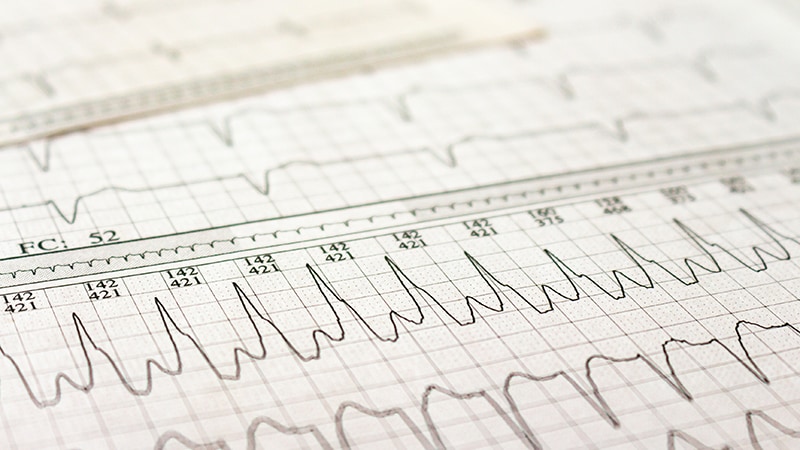Obese Patients with AFib: Catheter Ablation Offers Superior Outcomes Compared to Lifestyle Changes & Medication

Atrial fibrillation (AFib) is a common heart rhythm disorder, and its prevalence is significantly higher in individuals with obesity. Traditionally, management has focused on medication and lifestyle modifications. However, a recent landmark study, PRAGUE-25, reveals that catheter ablation – a minimally invasive procedure – offers significantly better outcomes for obese patients with AFib compared to relying solely on medication and lifestyle interventions.
The PRAGUE-25 Trial: Key Findings
The PRAGUE-25 trial, published in a leading medical journal, followed a cohort of obese patients diagnosed with AFib. The study meticulously compared two treatment approaches: standard care involving medication (typically beta-blockers, calcium channel blockers, or antiarrhythmic drugs) and lifestyle changes (diet, exercise, weight management), versus catheter ablation. The results were striking. Catheter ablation demonstrated a significantly higher success rate in maintaining a normal heart rhythm, with fewer patients experiencing recurrent AFib episodes.
Why Catheter Ablation?
Catheter ablation involves threading a thin, flexible tube (catheter) through a blood vessel to the heart. Using radiofrequency energy or cryoablation (freezing), the catheter targets and destroys the heart tissue responsible for the abnormal electrical signals that cause AFib. This procedure is particularly effective in obese patients because excess weight can contribute to the complexity and persistence of AFib, making it less responsive to medication and lifestyle adjustments.
Don't Delay Ablation Due to Weight Concerns
A crucial takeaway from the PRAGUE-25 trial is that referrals for catheter ablation shouldn't be delayed while waiting for patients to lose weight. The study's researchers emphasize that attempting to achieve significant weight loss before considering ablation may prolong the duration of AFib and potentially worsen the patient's overall health. Early intervention with ablation can provide more immediate and lasting relief from symptoms and improve quality of life.
The Role of Lifestyle Changes Remains Important
While the study highlights the advantages of catheter ablation, experts underscore the continued importance of lifestyle modifications. Healthy eating habits, regular physical activity, and weight management can complement ablation therapy and further reduce the risk of AFib recurrence. Lifestyle changes can also help manage other cardiovascular risk factors, such as high blood pressure and high cholesterol, which can contribute to AFib.
What Does This Mean for Patients?
If you are obese and have been diagnosed with AFib, discuss all treatment options with your cardiologist. The PRAGUE-25 trial provides compelling evidence that catheter ablation should be seriously considered as a first-line treatment, especially if medication and lifestyle changes have not been fully effective. Early intervention can lead to a significant improvement in your heart health and overall well-being.
Disclaimer: This information is intended for general knowledge and informational purposes only, and does not constitute medical advice. It is essential to consult with a qualified healthcare professional for any health concerns or before making any decisions related to your health or treatment.






